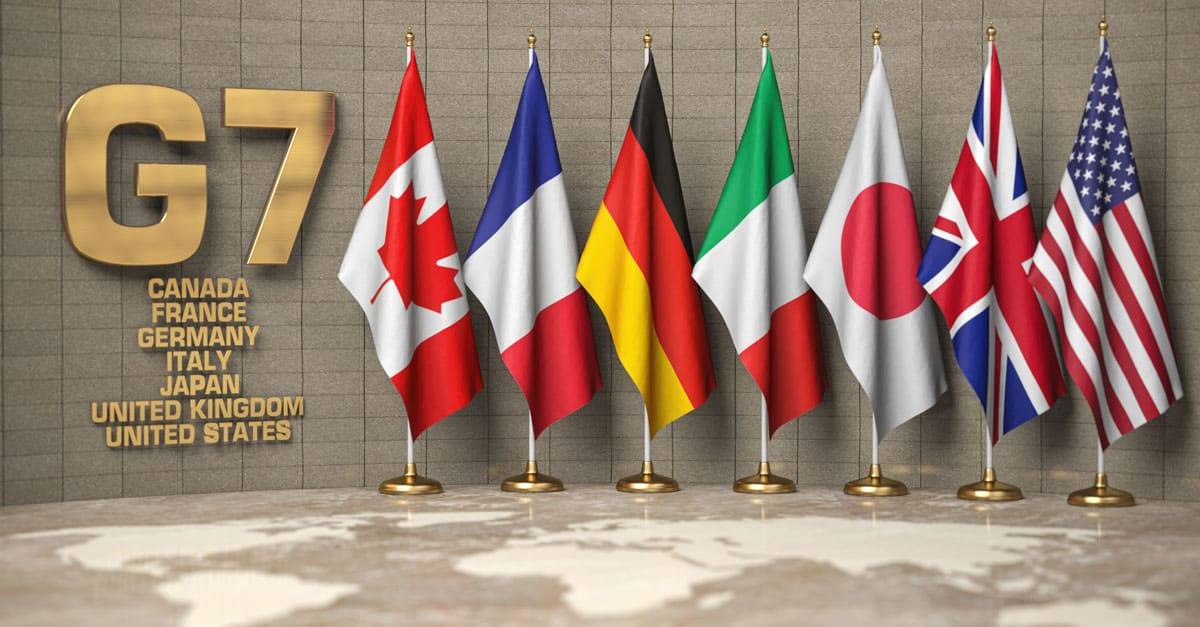The fact that Switzerland did not take part in World War I and II makes it an ideal base for international organizations. Officials from all nations feel safe in the country. The policy of actively welcoming and continually adapting to the needs of international organisations, representations of their respective member states, and civil society has made Geneva—and hence also Switzerland – a recognised centre of expertise in peace, security, and disarmament.
Long History of International Headquarters
Since the pioneer organisations were set up in Berne in the 19th century (the International Telecommunication Union in 1868, the Intergovernmental Organisation for International Carriage by Rail in 1873, and the Universal Postal Union in 1874), Geneva has seen the arrival of various organisations established following the First World War (the League of Nations and the International Labour Organisation in 1919), plus all those that were founded after 1945, most of them under the aegis of the United Nations. The number of non-governmental organisations (NGOs) has also grown since the 19th century. Examples of the oldest include the International Committee of the Red Cross (1863) and the European Broadcasting Union (1950).
Switzerland proved that it sticks to its neutrality. The political situation is stable, with a high level of democracy. The country has excellent infrastructure and train systems. Nature is wonderful, as are the genius loci of towns and cities.
World or International, there are hundreds
Thus, Switzerland is home to 33 international organisations that have signed headquarters (26) or fiscal agreements (7) with the Swiss Federal Council. Altogether, 23 international organisations with headquarters agreements are based in Geneva. Many of them belong to the UN structure, for example, the International Bureau of Education (IBE), the International Labour Organisation (ILO), the International Organisation for Migration (IOM), the International Telecommunication Union (ITU), the United Nations Conference on Trade and Development (UNCTAD), the United Nations Economic Commission for Europe (UNECE), the World Health Organisation (WHO), the World Intellectual Property Organisation (WIPO), the World Meteorological Organisation (WMO), the World Trade Organisation (WTO), the United Nations High Commissioner for Refugees (UNHCR), and the Office of the United Nations High Commissioner for Human Rights (OHCHR).
Some organisations working at the European level have their seats in Switzerland too, like the European Organisation for Nuclear Research (CERN), the Court of Conciliation and Arbitration of the Organisation for Security and Co-operation in Europe (OSCE), or the European Broadcasting Union (EBU).
Also, about 250 non-governmental organisations (NGOs) have their seats in Geneva. These include the World Council of Churches (WCC), the Lutheran World Federation (LWF), Doctors Without Borders (Médecins Sans Frontières, MSF), the Programme for the Endorsement of Forest Certification (PEFC), the World Economic Forum (WEF), the World Heart Federation (WHF), the World Jewish Congress (WJC), or the World Organisation of the Scout Movement (WOSM).
175 UN member states (176 including Switzerland) are represented in Geneva by a permanent mission or representation. Every year, some 4,000 heads of state and government, ministers, and high-ranking officials travel to Geneva to attend more than 3,500 meetings held there.
Bern and Basel
In Bern, there is a seat of the Universal Postal Union (belonging to the UN structure), the International Union of Credit and Investment Insurers, and Peace Women Across the Globe, aiming to increase the visibility of women promoting peace all over the world. The Basel Institute on Governance, based in Basel, is an independent, non-profit organisation working around the world to strengthen governance and counter corruption and other financial crimes.
NATO as a Newcomer?
According to the latest statements, NATO wants to open a liaison office at the UN base in Geneva. The main reason is said to be the proximity to the UN. The two organisations have been cooperating since the 1990s in peacebuilding but also in crisis management, the NATO webpage says. The office is likely to be as lean as the one at the Organisation for Security and Cooperation in Europe (OSCE) in Vienna, which employs a head (without the title of ambassador) and two to three members of staff. Following preliminary discussions, the Federal Administration is busy making preparations so that the Alliance can be welcomed to neutral Switzerland following a decision by the Federal Council.











